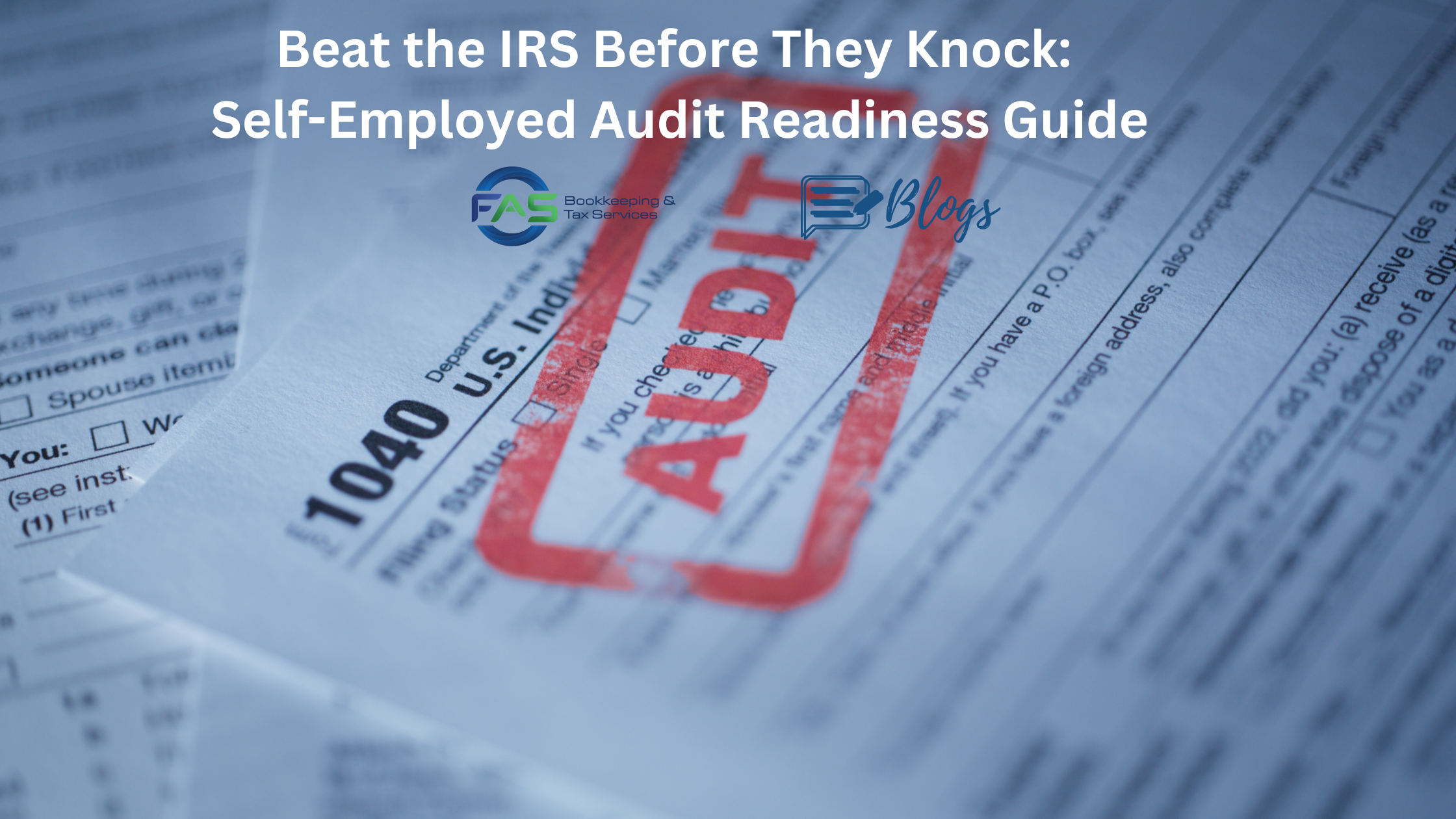WASHINGTON — The Internal Revenue Service today reminded taxpayers to guard against tax fraud and other related financial scams related to COVID-19.
In the last few months, the IRS Criminal Investigation division (CI) has seen a variety of Economic Impact Payment (EIP) scams and other financial schemes looking to take advantage of unsuspecting taxpayers. CI continues to work with law enforcement agencies domestically and abroad to educate taxpayers about these scams and investigate the criminals perpetrating them during this challenging time.
“Criminals seize on every opportunity to exploit bad situations, and this pandemic is no exception,” said IRS Commissioner Chuck Rettig. “The IRS is fully focused on protecting Americans while delivering Economic Impact Payments in record time. The pursuit of those who participate in COVID-19 related scams, intentionally abusing the programs intended to help millions of Americans during these uncertain times, will long remain a significant priority of both the IRS and IRS-CI.”
Criminals are continuing to use the COVID-19 Economic Impact Payments as cover for schemes to steal personal information and money. Scams related to COVID-19 are not limited to stealing EIPs from taxpayers, however. CI has already seen scams related to the organized selling of fake at-home test kits, offers to sell fake cures, vaccines, pills and advice on unproven treatments for COVID-19. Other scams purport to sell large quantities of medical supplies through the creation of fake shops, websites, social media accounts and email addresses where the criminal fails to deliver promised supplies after receiving funds.
“Criminals try to take advantage of our most vulnerable times and our most vulnerable populations. But because we have seen many of these criminals and schemes before, we know how to find them and we know how to expose them,” said Don Fort, Chief of IRS Criminal Investigation. “And because COVID-19 is a global problem, it requires a global solution. Not only are we leveraging our financial investigative expertise domestically, we are working hand-in-hand with our J5 partners on those COVID-19 cases that cross borders. There truly is no place for criminals to hide.”
Other COVID-19 related scams involve setting up fake charities soliciting donations for individuals, groups and areas affected by the disease. Some criminals are offering opportunities to invest early in companies working on a vaccine for the disease promising that the “company” will dramatically increase in value as a result. These promotions are often styled as “research reports,” make predictions of a specific “target price,” and relate to microcap stocks, or low-priced stocks issued by the smallest of companies with limited publicly available information.
Finally, CI has also seen a tremendous increase in phishing schemes utilizing emails, letters, texts and links. These phishing schemes are using keywords such as “Corona Virus,” “COVID-19,” and “Stimulus” in varying ways. These schemes are blasted to large numbers of people known by the bad actors in an effort to get personally identifying information or financial account information to include account numbers and passwords. Most of these new schemes are actively playing on the fear and unknown of the virus and the stimulus payments.
Coronavirus-related (COVID-19) scams should be reported to the National Center for Disaster Fraud (NCDF) Hotline at 866-720-5721 or submitted through the NCDF web Complaint Form. The NCDF is a national coordinating agency within the Department of Justice’s Criminal Division dedicated to improving the detection, prevention, investigation and prosecution of criminal conduct related to natural and man-made disasters and other emergencies, such as the coronavirus (COVID-19). Hotline staff will obtain information regarding your complaint, which will then be reviewed by law enforcement officials.
Taxpayers can also report fraud or theft of their Economic Impact Payments to the Treasury Inspector General for Tax Administration (TIGTA). Reports can be made online. TIGTA investigates external attempts to corruptly interfere with federal tax administration, including IRS-related coronavirus scams.
Also, taxpayers can always report phishing attempts to the IRS. Those who receive unsolicited emails or social media attempts to gather information that appear to be from either the IRS or an organization closely linked to the IRS, such as the Electronic Federal Tax Payment System (EFTPS), should forward it to phishing@irs.gov. Taxpayers are encouraged not to engage potential scammers online or on the phone.
Learn more by going to the Report Phishing and Online Scams page on IRS.gov. Official IRS information about the COVID-19 pandemic and economic impact payments can be found on the Coronavirus Tax Relief page on IRS.gov, which is updated frequently.




